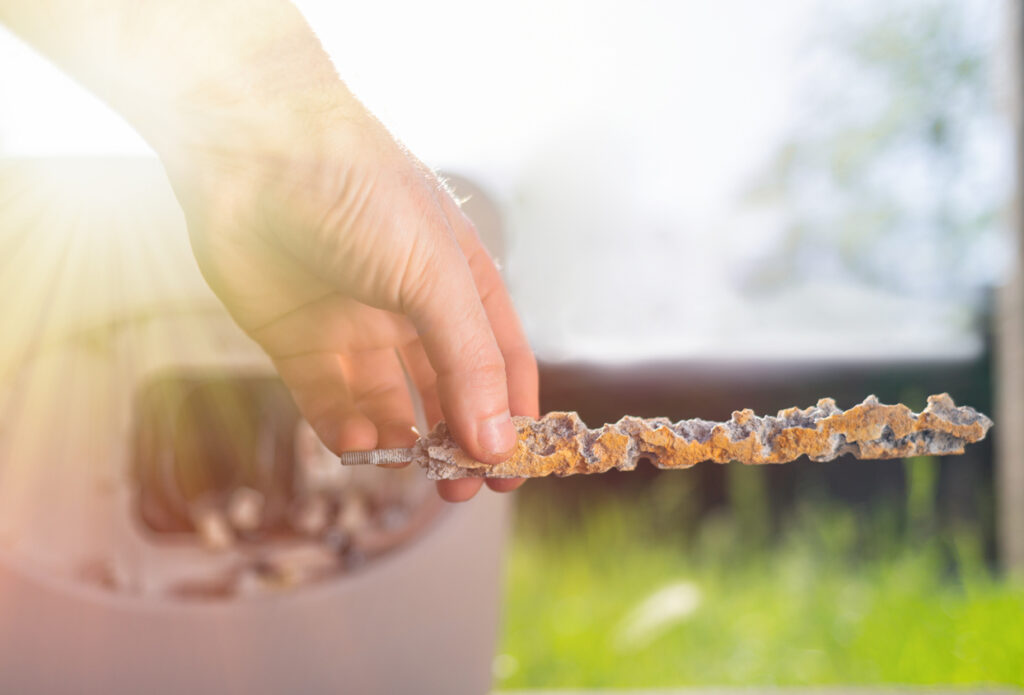Water heaters are an indispensable part of modern households, providing hot water for showers, laundry, and dishwashing. However, like any appliance, they suffer from wear and tear over time, particularly from corrosion. This is where the sacrificial water heater anode rod, an often overlooked component, plays a vital role. This rod is the unsung hero of your water heater, significantly extending its lifespan and ensuring it operates efficiently. But what exactly does it do, and why is it so important? Read on to find out.
The Science Behind the Sacrificial Anode Rod
The sacrificial anode rod is designed to protect the water heater’s tank from corrosion through a process known as cathodic protection. Most water heater tanks are made from steel, which can rust and corrode when exposed to water for prolonged periods. The anode rod, usually made from magnesium, aluminum, or zinc, is more reactive to electrolysis than the steel of the tank. When it’s installed in the tank, it attracts the corrosive elements in the water, preventing the tank itself from rusting.
How Does It Work?
The principle behind the water heater anode rod is relatively simple yet ingenious. It sacrifices itself to protect the integrity of the water heater tank. The rod attracts the corrosive action that would otherwise target the steel of the tank. Over time, the anode rod corrodes, gradually wearing down until it can no longer serve its purpose. This is why it’s called a “sacrificial” anode rod; it degrades so the tank doesn’t have to.

The Importance of Regular Inspection and Replacement
The lifespan of an anode rod typically ranges from three to five years, depending on the water quality, temperature settings, and how often the water heater is used. Regular inspections are crucial because once the anode rod is fully corroded, the tank will start to corrode, leading to leaks and ultimately, the failure of the water heater. Replacing the anode rod is a cost-effective way to extend the life of your water heater significantly. It’s a small investment that can save you from the much larger expense of replacing a corroded tank.
Signs That Your Anode Rod Needs Replacement
There are a few signs that indicate your anode rod needs to be replaced:
- Rusty-colored water: If you notice rust-colored water coming from your hot water taps, this could be a sign that your anode rod has corroded, and the tank is beginning to rust.
- Bad odor: A sulfurous or “rotten egg” smell in your hot water can indicate that the anode rod is no longer effectively controlling the growth of sulfate-reducing bacteria.
- Shorter hot water supply: A diminishing supply of hot water may indicate scale build-up from corrosion, affecting the efficiency of your water heater.
As you can see, the sacrificial anode rod plays a vital role in the lifespan of your water heater. By ensuring it is regularly checked and replaced when needed, you can save yourself from the inconvenience and expense of premature water heater failure. Has it been a while since your water heater was inspected by a professional? Contact the plumbing and water heater experts at Eagle Service Company today.


